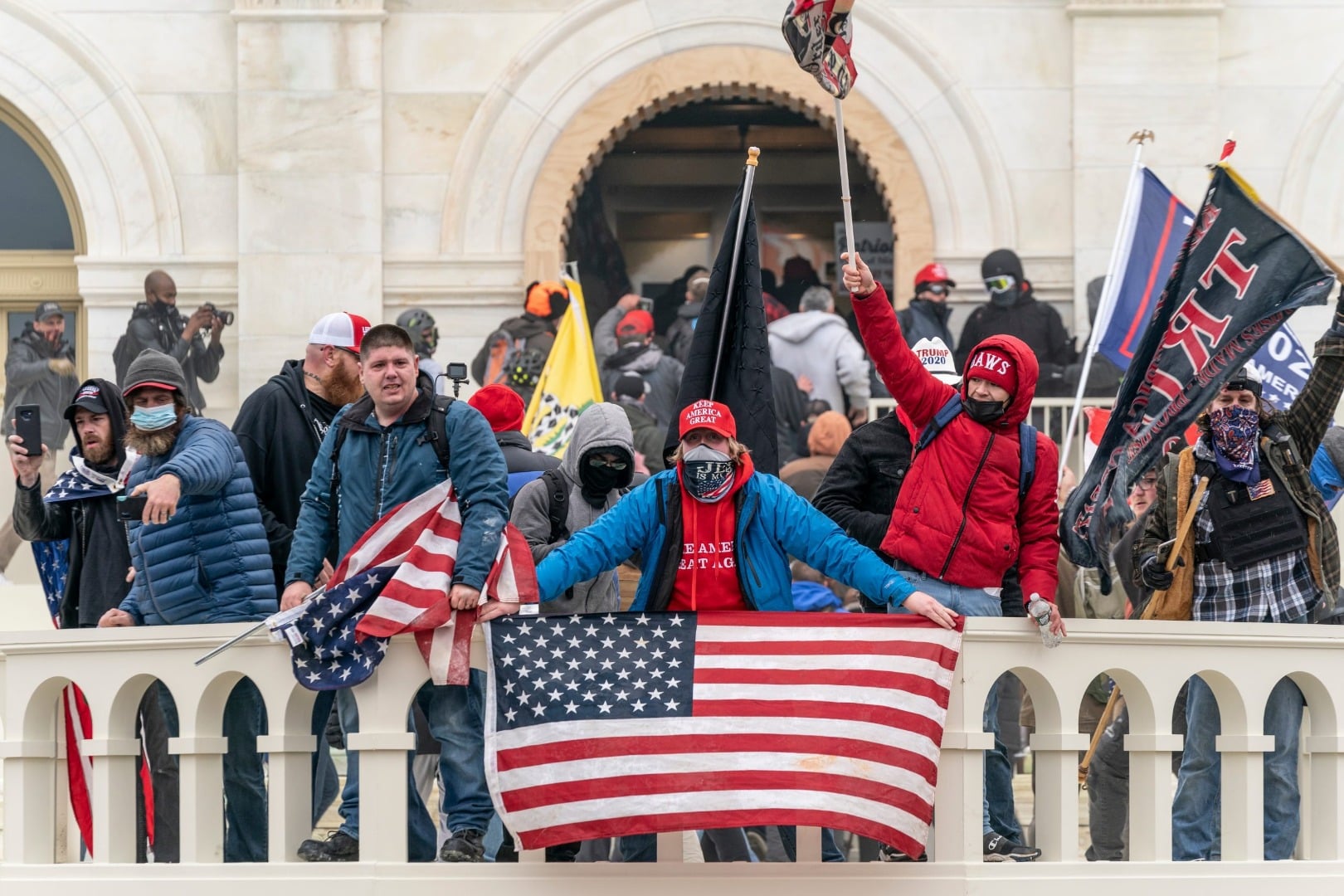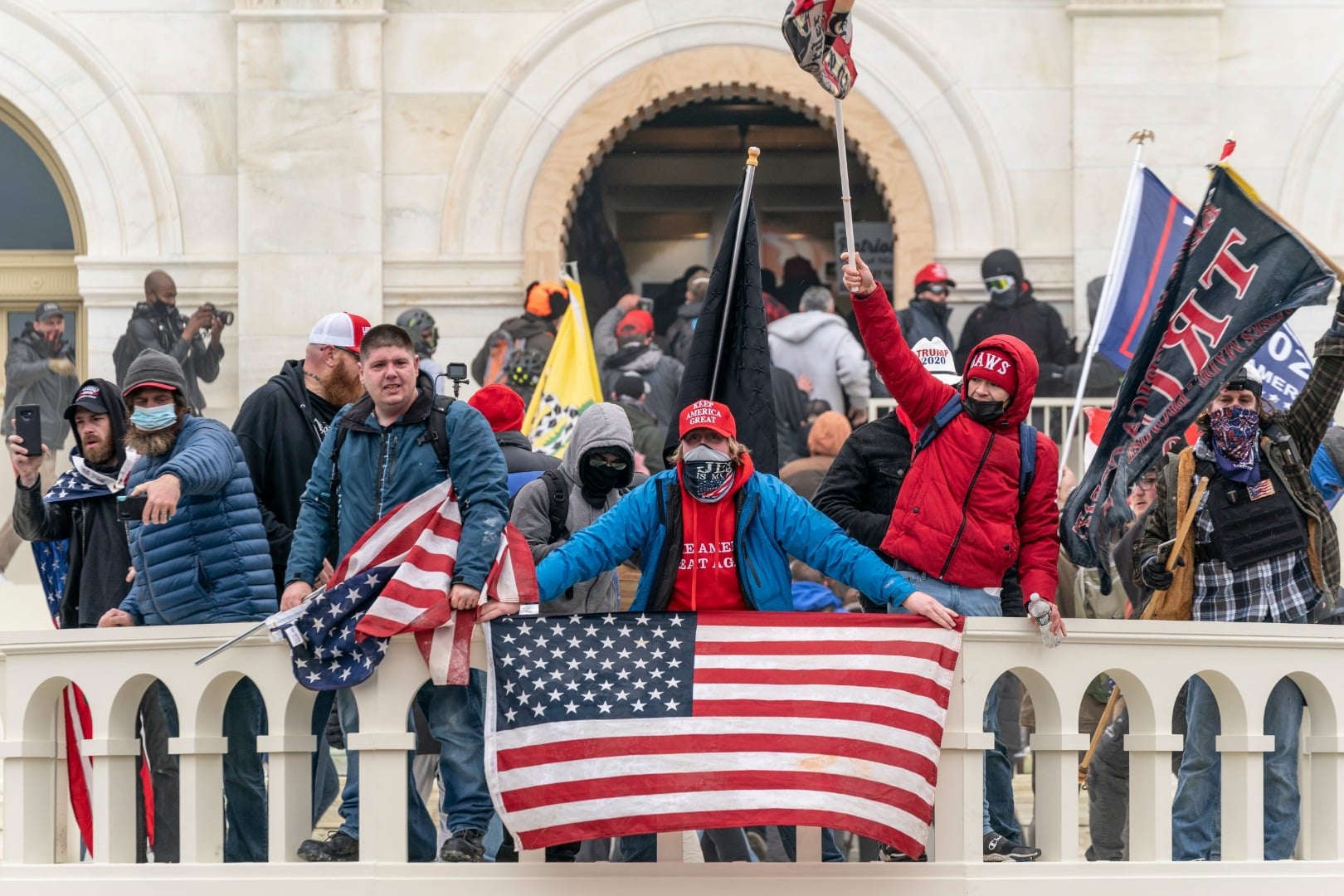
Yesterday, I was listening to a classical-music station when NPR came on with the news. Addressing the controversy surrounding former President Trump’s efforts to keep secret his records relating to the January 6 protests at the Capitol, the NPR reporter referred to the “deadly attack” on the Capitol.
I immediately thought to myself, “Well, that’s certainly an interesting use of language.”
When I hear the word “attack,” I think of weapons, specifically guns, grenades, or missiles that are intended to kill people. For example, when the Pentagon fired a missile at that family in Afghanistan shortly before exiting its 20-year war in that country, I would term that an “attack” — and a “deadly attack” at that, especially given that many innocent people, including children, were killed by that missile.
One of the fascinating aspects of the “attack” on the Capitol is that the “attackers” didn’t have guns. In fact, as far as I know, they didn’t even have any swords. To me, that’s one unusual “attack.” In fact, I’ll bet that there haven’t been many other “attacks” in history in which the “attackers” failed to use weapons to commit their “attack.”
What about words? Yeah, the Capitol “attackers” certainly employed a lot of words during the course of their “attack.” Maybe that is what NPR means when it describes what happened as an “attack” — that the “attackers” were engaged in a “word attack” on the Capitol. Imagine how frightening that “attack” must have been — with “attackers” hitting one victim with some particular word — maybe “Tyrant!” — followed by some other word, perhaps “Thief!”
Now, I think you would agree with me that that would be one scary “attack”!
In fact, it was so scary that one Capitol police officer shot and killed one of the “attackers” because he was so afraid that the “attackers” were coming to get him. He wasn’t the only one who was afraid. Many members of Congress were equally terrified of the Word-Attackers.
Hey, don’t judge these people too harshly. You don’t know how you would react if a bunch of Word-Attackers were coming after you and flinging and hurling nasty words at you.
Another interesting aspect of the NPR news broadcast was the reporter’s reference to the “deadly” attack on the Capitol. Now, when I hear that someone has engaged in a “deadly” attack, I immediately think that the attackers have killed people in the course of their attack.
Yet, here, the “attackers” didn’t kill anyone. Instead, the only person killed was one of the “attackers.” Her name was Ashli Babbitt. She was shot dead by that Capitol policeman who was terrified that Babbitt and the “attackers” were coming to get him and members of Congress. It’s still not clear why he didn’t fire a warning shot over her head. If he had done that, she undoubtedly would have backed off, especially since she was unarmed, well, except for words in her vocabulary.
For a while, the news media was reporting that Capitol police officer Brian Sicknick was beaten to death by the “attackers.” For example, the New York Times reported that he “was overpowered and beaten by rioters from the mob at the Capitol.”
Could that be what NPR is referring to when it cites the “deadly” attack on the Capitol?
I don’t think so because as things turned out, what the Times reported about Sicknick turned out to be incorrect. An autopsy revealed that Sicknick died of natural causes, to wit: strokes.
The New York Times also reported that a woman named Rosanne Boyland, who was one of the “attackers,” “appears to have been killed in a crush of fellow rioters during their attempt to fight through a police line.”
Alas, what appeared to be true wasn’t. An autopsy revealed that she died of a drug overdose, not trampling.
Two other “attackers” — Kevin Greeson and Benjamin Phillips — died of a heart attack and a stroke.
Thus, five people died during the “deadly attack.” One “attacker “was killed by a terrified Capitol police officer. One Capitol police officer and two of the “attackers” died of natural causes. Another “attacker” died of a drug overdose.
Given the nature of those deaths, is it really proper to refer to the “deadly” attack on the Capitol? Doesn’t the use of the term “deadly” imply that the attackers deliberately shot or killed people as part of their “attack”?
Maybe NPR is saying that the words that the “attackers” were employing as weapons caused those people to have heart attacks, strokes, and drug overdoses. Maybe their words are what caused that police officer who killed Ashli Babbitt to become terrified.
Ironically, as far as I know, the Justice Department hasn’t charged any of the January 6 protestors with murder or even a massive conspiracy to initiate a “deadly attack” on the Capitol. What’s up with that? Those federal prosecutors need to start listening to NPR.
Reprinted with permission from Future of Freedom Foundation.

